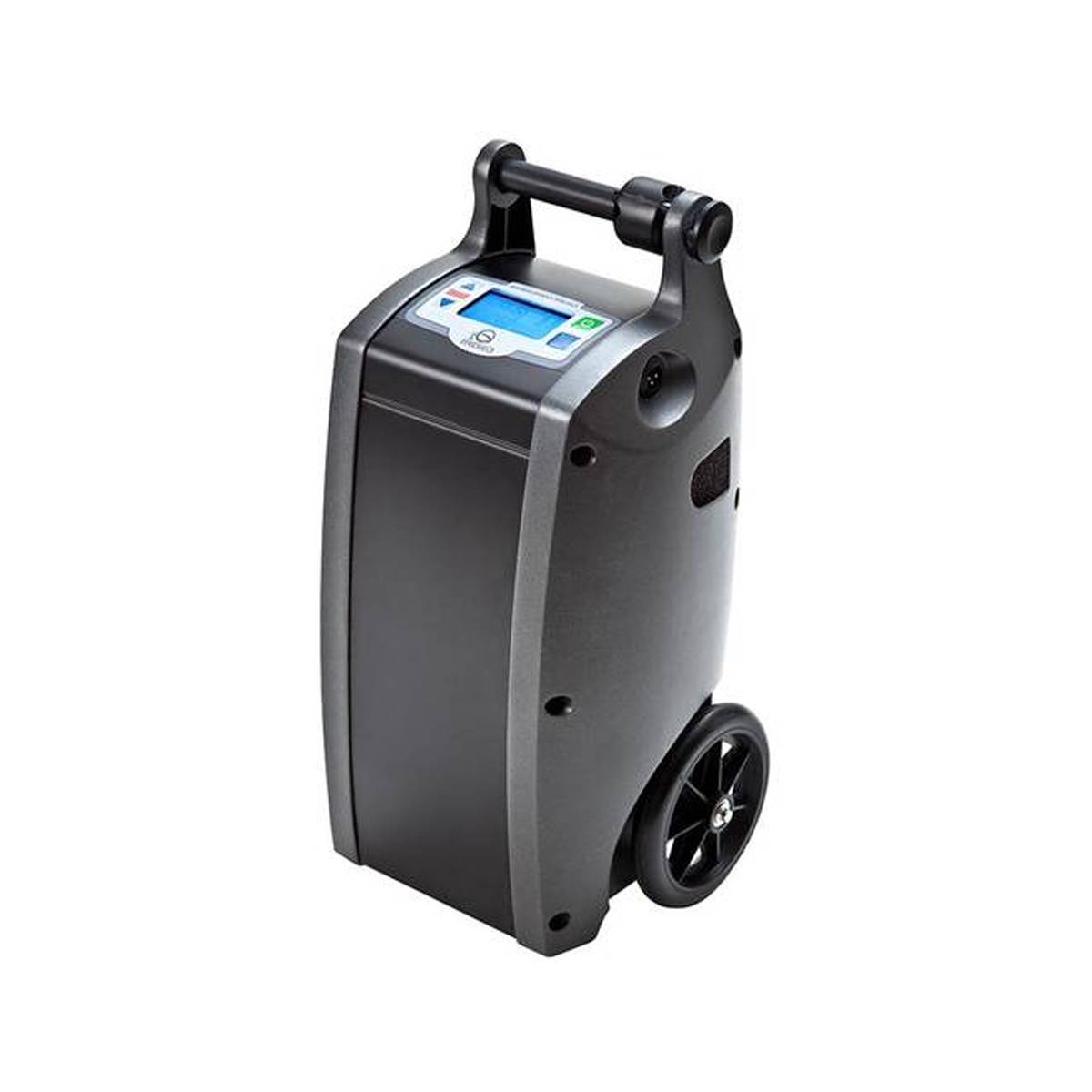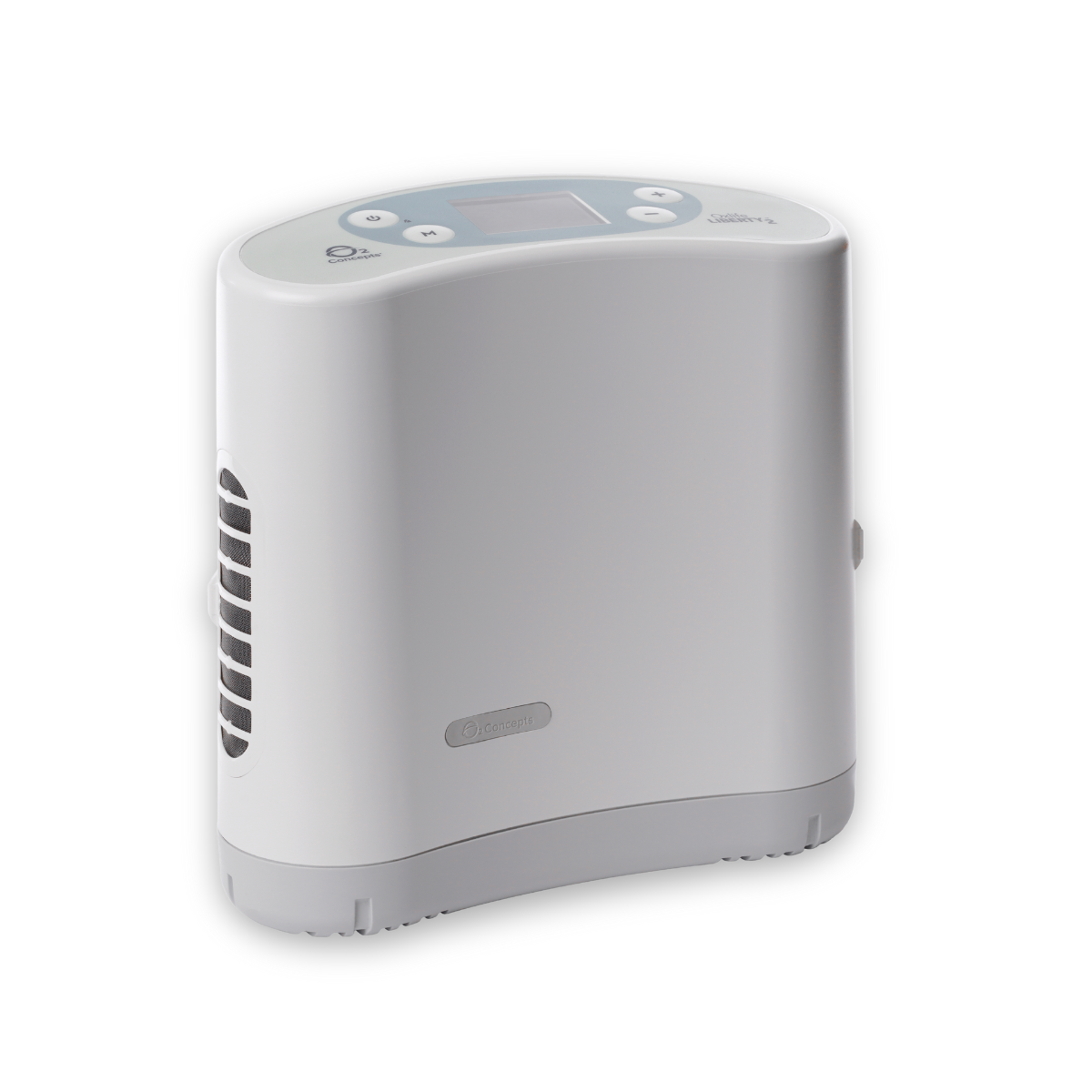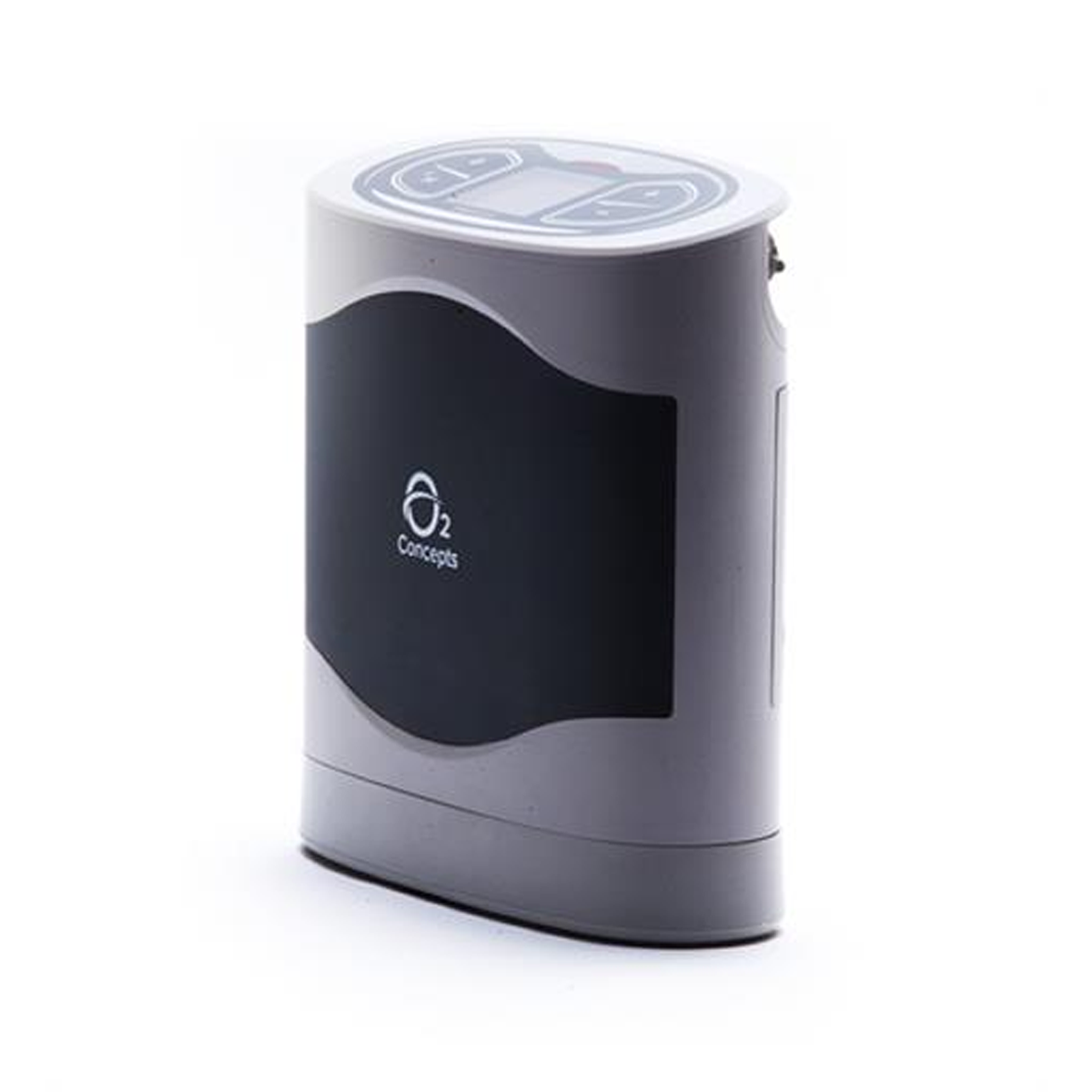Log in to see your orders & more
Log in to Your Account


 SAVE 16%
O2 Concepts
SAVE 16%
O2 Concepts
 SAVE 19%
O2 Concepts
SAVE 19%
O2 Concepts
 SAVE 21%
O2 Concepts
SAVE 21%
O2 ConceptsPlease log in to your account or create a FREE account to see pricing.
Forgot your password? Recover It
New to HeartStrong? Create Account
Enter your email:
If you've been diagnosed with sleep apnea, your doctor might recommend a CPAP (Continuous Positive Airway Pressure) machine. This guide will equip you with the knowledge and resources to navigate CPAP therapy effectively.
Remember, this guide provides general information. For specific advice and treatment plans, always consult your healthcare professional. With dedication and the right support, CPAP therapy can help you experience improved sleep and a healthier life.
Several CPAP machines cater to different needs. Here's a brief overview:
Using CPAP offers numerous benefits, including:
Adjusting to CPAP therapy takes time and patience. Here are some tips to ease the transition:
Maintaining your CPAP equipment is crucial for optimal performance and hygiene. Here are some maintenance practices:
CPAP therapy is a highly effective treatment for obstructive sleep apnea. Here at Heartstrong Sleep, our staff is knowledgeable about the various CPAP machines available and can help you choose the one that best meets your individual needs.

CPAP stands for continuous positive airway pressure. It's a machine that uses mild air pressure to keep your breathing airways open while you sleep, particularly helpful for treating sleep apnea.
There is no single "best" CPAP mask, as the best type for you will depend on your individual preferences and medical needs.
Common Mask Types Include:
If you are needing help with selecting a mask, try our free CPAP mask fitting application.
In most cases, insurance will at least partially cover the cost of a CPAP machine and supplies if you have a diagnosis of obstructive sleep apnea. CPAP machines are considered durable medical equipment (DME), and many insurance plans offer coverage for DME. However, the specific details of your coverage will depend on your insurance provider and plan. Here are some things to consider:
Yes, you do need a prescription to get a CPAP machine in the United States. There are two main reasons for this:

When left untreated, sleep apnea can cause serious health problems. The good news is that it’s treatable. Complete this assessment to see if you may be at risk.